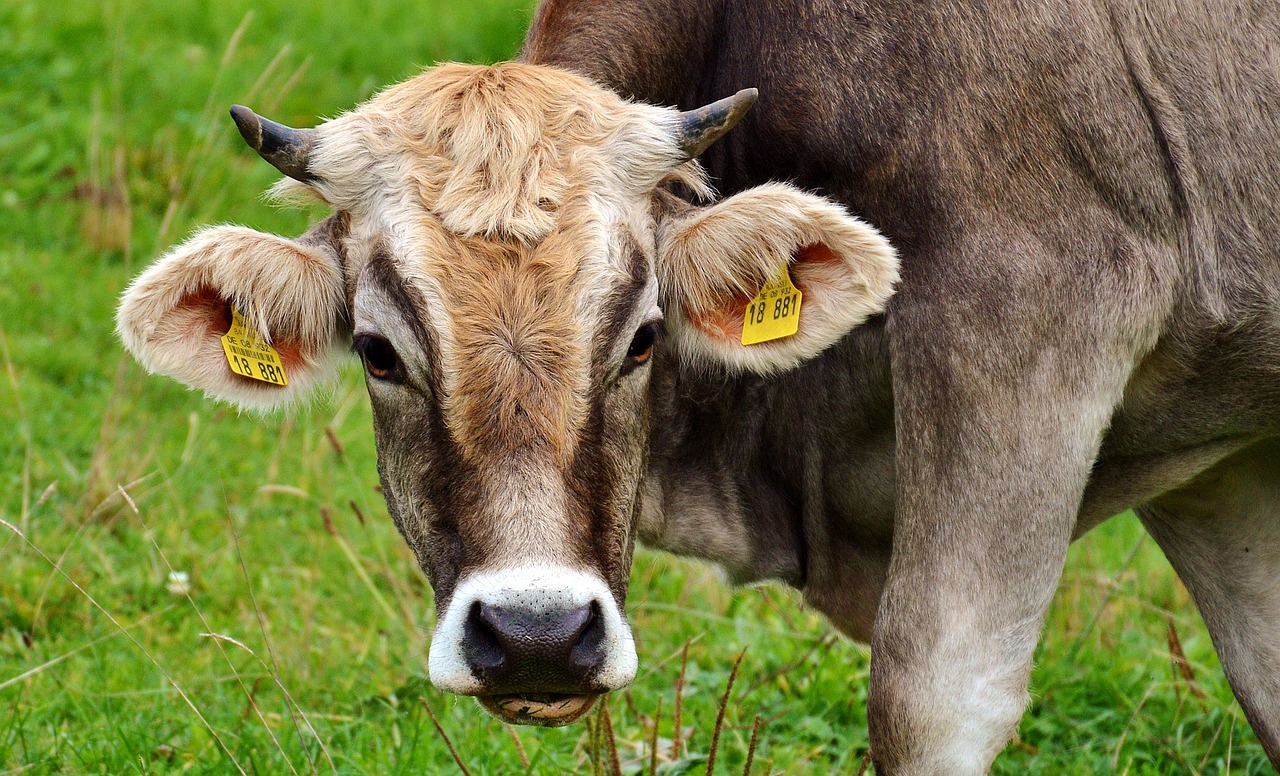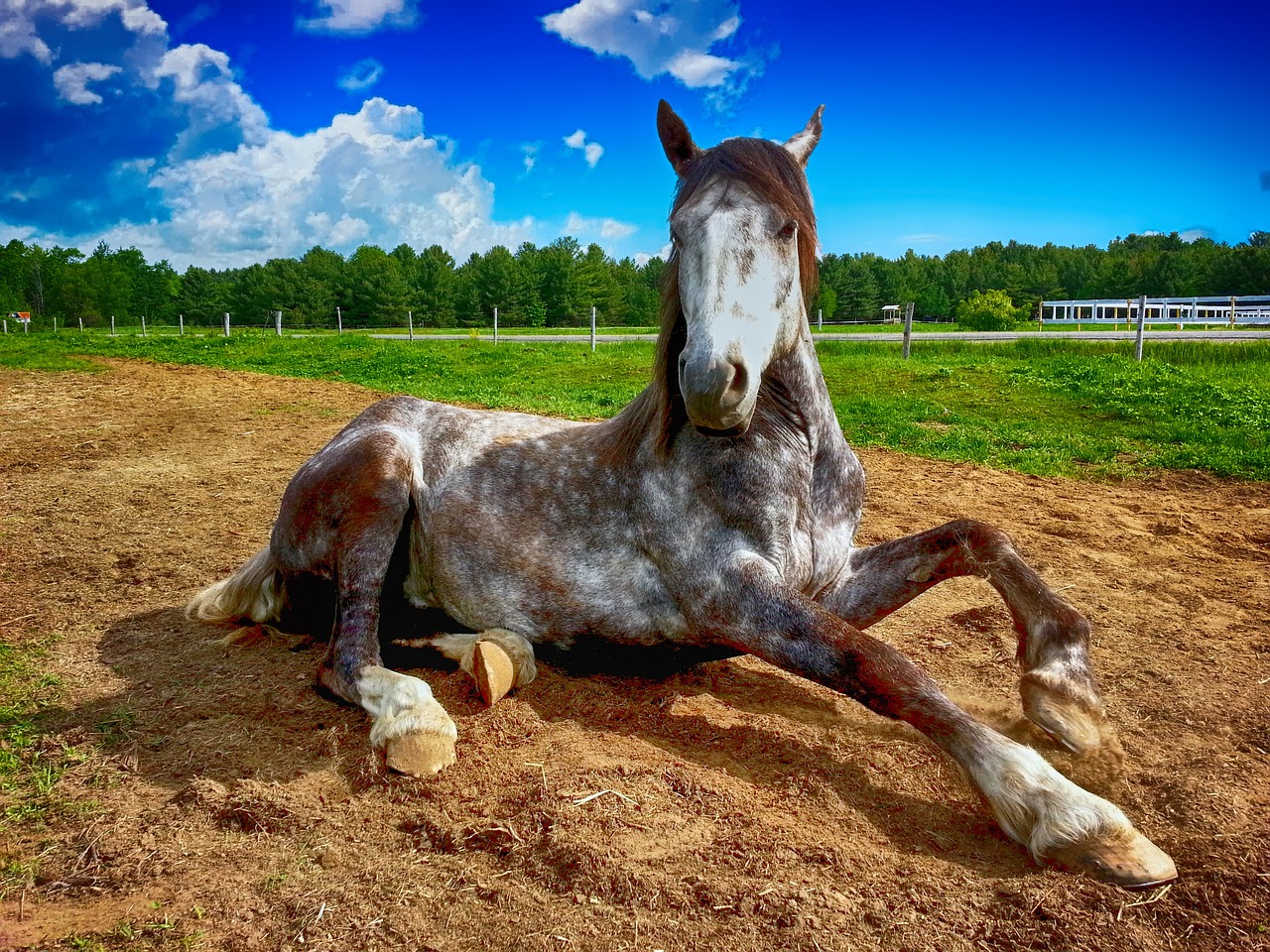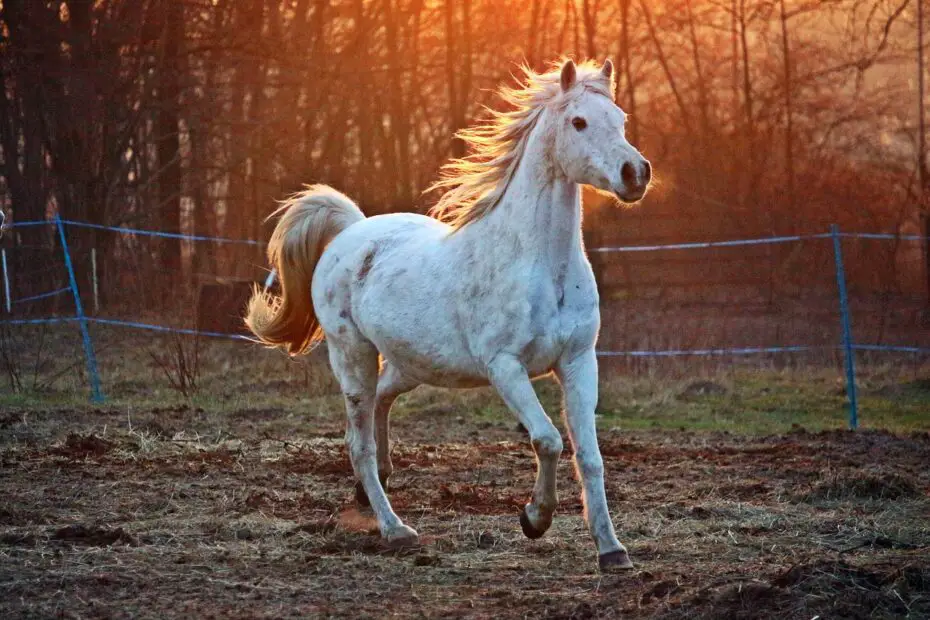From the bustling fields of agriculture to the construction sites where structures rise, animals have played a vital role in various industries throughout history. These hardworking creatures offer their unique abilities and unwavering dedication, forming an incredible bond with humans. In this article, we will explore the fascinating world of animals that work hard, their remarkable abilities, the benefits they provide, and the challenges they face.
You may also want to read more about horse markings and colors.
Introduction
When we think of animals, our minds often drift to images of them in the wild or as beloved pets. However, beyond the realms of the natural world and companionship, animals have been integral to human endeavors for centuries. They have been allies in agriculture, partners in transportation, and invaluable aids in search and rescue missions. Let us delve into the awe-inspiring realm of working animals.

The Fascinating World of Animals That Work Hard
Working animals can be found in various industries, each contributing their specialized skills and unwavering work ethic. From farms and fields to bustling city streets, these remarkable creatures toil alongside humans, showcasing their incredible abilities and forming unique partnerships.
Animals in Agriculture
In the agricultural sector, animals have long been instrumental in tilling the land, hauling heavy loads, and transporting goods. Horses, oxen, and even water buffalo have aided farmers in plowing fields, while herding dogs and sheepdogs have assisted in managing livestock. Their strength and agility make them invaluable companions in the demanding world of agriculture.
Animals in Transportation
Throughout history, animals have played a crucial role in transportation, carrying people and goods across vast distances. From the majestic camels traversing deserts to the powerful reindeer pulling sleighs through icy landscapes, these creatures have served as reliable modes of transport, ensuring the connection between distant communities.
Animals in Construction
The construction industry relies on the strength and precision of animals to perform tasks that would otherwise be arduous for humans alone. Elephants, with their immense power, have been employed to move heavy logs, while pigeons have served as messengers, delivering vital information across construction sites. These animals demonstrate their adaptability and versatility in the realm of construction.
Animals in Search and Rescue
Working animals have been at the forefront of search and rescue efforts, using their heightened senses to locate missing persons or survivors in challenging environments. Dogs, renowned for their acute sense of smell, have been instrumental in finding lost hikers and survivors trapped under rubble. Their loyalty and determination make them invaluable assets in life-saving missions.
Animals in Entertainment
In the realm of entertainment, animals have captivated audiences with their awe-inspiring performances. From the graceful dolphins leaping through hoops to the majestic horses performing intricate maneuvers, these animals showcase their intelligence and agility, creating moments of wonder and joy for spectators worldwide.
The Remarkable Abilities of Working Animals
Working animals possess a range of extraordinary abilities that enable them to excel in their designated tasks. Their senses are often far more acute than those of humans, allowing them to detect scents, sounds, or changes in the environment that would go unnoticed by us. Their strength, agility, and intelligence make them highly capable in fulfilling their roles.

The Bond Between Humans and Working Animals
The relationship between humans and working animals goes beyond mere collaboration. It is a bond built on trust, respect, and companionship. Through shared experiences and mutual reliance, humans and animals form deep connections that transcend language barriers and demonstrate the power of interspecies cooperation.
Benefits of Animals That Work Hard
Working animals provide numerous benefits to human society. They enhance productivity and efficiency in various industries, contribute to the economy, and enable tasks that would otherwise be challenging or impossible. Their involvement fosters a sense of connection to the natural world and reminds us of the harmonious partnership between humans and animals.
Challenges Faced by Working Animals
Despite their significant contributions, working animals face various challenges. They may encounter physically demanding conditions, long working hours, and potential health risks. Ensuring their welfare and implementing ethical practices are crucial to maintaining a balance between harnessing their abilities and protecting their well-being.
Animal Welfare and Ethics
The welfare of working animals is a vital aspect that must be carefully addressed. Ethical considerations, such as providing proper living conditions, adequate nutrition, and access to veterinary care, are essential to safeguarding their physical and mental well-being. Striking a balance between utilizing their capabilities and respecting their rights is paramount.
The Future of Working Animals
As our society evolves, so too does our approach to working animals. Advances in technology and increased awareness of animal welfare have prompted the development of alternative solutions and practices. Finding sustainable and ethical ways to utilize the abilities of animals while ensuring their welfare will shape the future of working animals.
FAQ
1. Are working animals only found in rural areas? No, working animals can be found in various settings, including rural areas, cities, and industries such as agriculture, transportation, and entertainment.
2. How are working animals trained for their tasks? Working animals undergo specialized training programs that focus on developing their skills, instincts, and cooperation with humans. Training methods vary depending on the specific tasks and the species involved.
3. What measures are taken to ensure the well-being of working animals? Animal welfare organizations, regulatory bodies, and responsible owners prioritize the well-being of working animals. This includes providing proper care, regular health check-ups, appropriate rest periods, and minimizing potential risks.
4. Are there any laws or regulations protecting working animals? Many countries have laws and regulations in place to protect working animals, ensuring they are not subjected to cruelty, exploitation, or unnecessary harm. These laws often outline standards for their care, living conditions, and working hours.
5. Can working animals retire? Working animals may retire from their duties after a certain age or if they develop health issues that affect their ability to work. Retirement allows them to live out their remaining years in comfort and receive the care they deserve.
Animals That Work Hard: Conclusion
Working animals have been indispensable companions to humans throughout history, contributing their unique abilities and unwavering dedication. From the fields of agriculture to the arenas of entertainment, these remarkable creatures have showcased their strength, intelligence, and adaptability. It is essential that we recognize their contributions, ensure their welfare, and foster a harmonious partnership between humans and animals. As we move forward, let us continue to celebrate the valuable role of working animals in our society.
